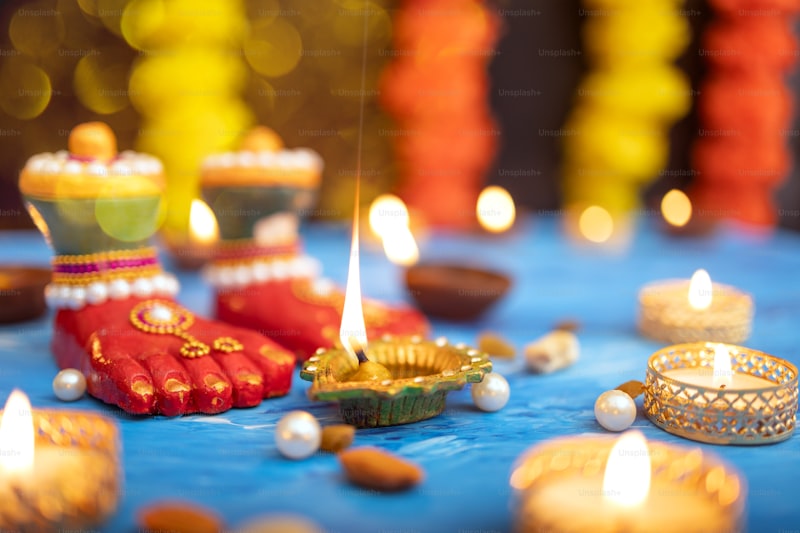Cultural Traditions at Receptions: A Global Perspective
Understanding the Essence of Cultural Traditions at Receptions
Receptions serve as vital social gatherings, bringing people together to celebrate significant milestones in life. From weddings to corporate events, each reception is often steeped in cultural traditions that reflect the values, beliefs, and customs of the people involved. Understanding these cultural traditions at receptions can enhance your appreciation of the event and create a more enjoyable experience for all attendees. Let's delve into the various cultural traditions associated with receptions around the globe.
The Importance of Cultural Traditions
Cultural traditions play a crucial role in shaping social interactions during receptions. They convey respect, honor, and a sense of community among participants. Different cultures have unique practices that elevate the ceremony, making it memorable. Below is a table that summarizes some of the most renowned cultural traditions found in receptions worldwide:
| Culture | Tradition | Description |
| Chinese | Tea Ceremony | A traditional ritual where the couple serves tea to their elders as a sign of respect and gratitude. |
| Indian | Mehndi Ceremony | A pre-wedding celebration where intricate henna designs are applied to the bride's hands and feet. |
| Mexican | Lazo Ceremony | A symbolic act where a lazo (wedding lasso) is placed around the couple to signify their union. |
| Japanese | San-san-kudo | A sake-sharing ritual where the couple drinks from three cups, symbolizing the bond between them and their families. |
| Western | First Dance | The couple takes their first dance together, symbolizing their commitment to one another. |
Cultural Variations in Reception Traditions
While the above table offers merely a glimpse into cultural traditions at receptions, it is essential to recognize that each culture may have variations or additional customs that enhance the event. Here are some notable examples:
Chinese Receptions
In Chinese culture, the reception often includes a lavish banquet featuring many courses. The number of dishes served is usually even, symbolizing harmony. Additionally, red envelopes containing money may be given as a gesture of good luck and fortune.
Indian Receptions
In India, wedding receptions are often grand affairs with vibrant colors, rich food, and lively music. Traditional dance forms like Bhangra or Garba are performed, inviting guests to join in. The couple may also conduct a 'Jaimala' ceremony, where they exchange floral garlands.
Mexican Receptions
Mexican receptions often incorporate traditions like the 'baile del billete,' where guests pin money onto the bride and groom during their first dance. This tradition is a fun way to wish the couple prosperity in their new life together.
Japanese Receptions
Japanese receptions tend to be more formal but equally joyous. Guests may partake in 'shinto ceremonies' where sake is offered to deities, and relatives may give speeches honoring the couple. The atmosphere is respectful yet celebratory, showcasing the culture's elegance.
Western Receptions
In Western cultures, receptions focus heavily on entertainment and speeches. The 'cake-cutting' ceremony symbolizes the couple's first task together, while a DJ or live band entertains guests. Traditional toasts often bless the couple's future, strengthening bonds among attendees.
Conclusion: Embracing Cultural Traditions at Receptions
Cultural traditions at receptions are more than mere rituals; they embody the history and values of the communities from which they originate. Understanding and embracing these traditions can enrich your experience as a guest and enhance the meaning behind the celebration for the couple. Whether it’s the sweet aroma of spices at an Indian reception or the elegance of a Japanese ceremony, cultural practices can transform a simple gathering into a memorable event. When planning or attending a reception, it’s essential to respect and honor these traditions, recognizing their significance in promoting unity and joy.
Final Tips for Guests and Hosts
For guests: when attending a reception with cultural traditions, take some time to learn about the customs and practices involved. Showing an understanding or willingness to participate can create a more engaging atmosphere and deepen your connection with the hosts.
For hosts: consider incorporating elements of your culture into your reception to make it more personalized and meaningful. This approach not only pays homage to your heritage but also invites your guests to share in the experience, fostering a sense of community.

Ultimately, regardless of where you are in the world, receptions serve as a platform for celebrating both important life events and the cultural heritage of the individuals involved. By honoring and participating in cultural traditions, you enrich your experience while contributing to a diverse tapestry of shared human experience.